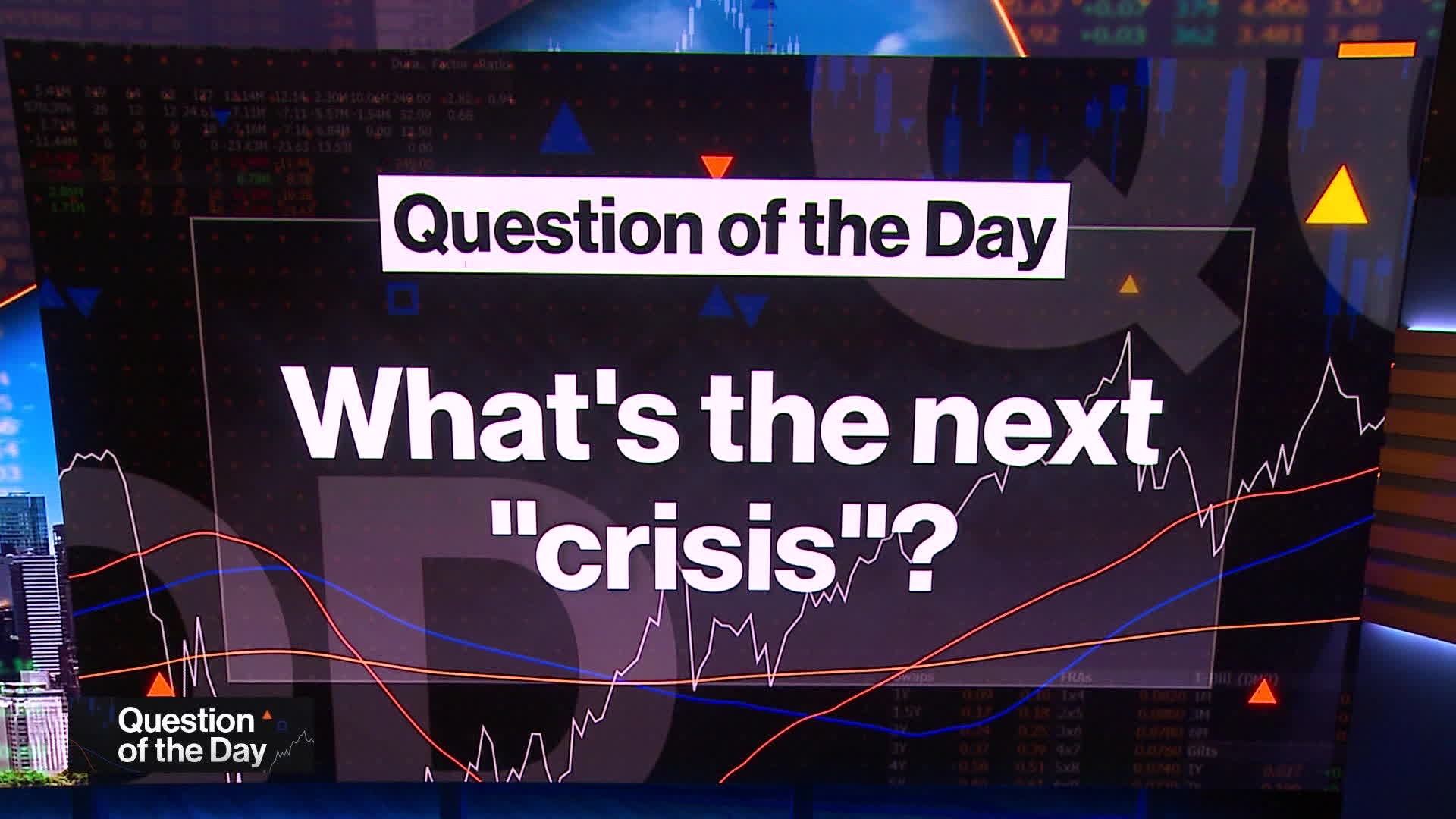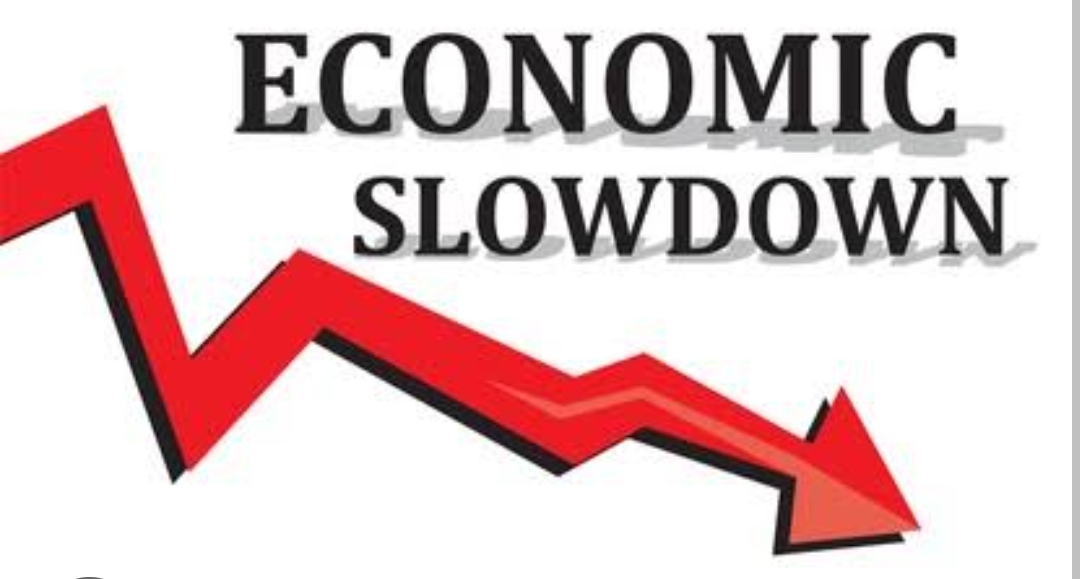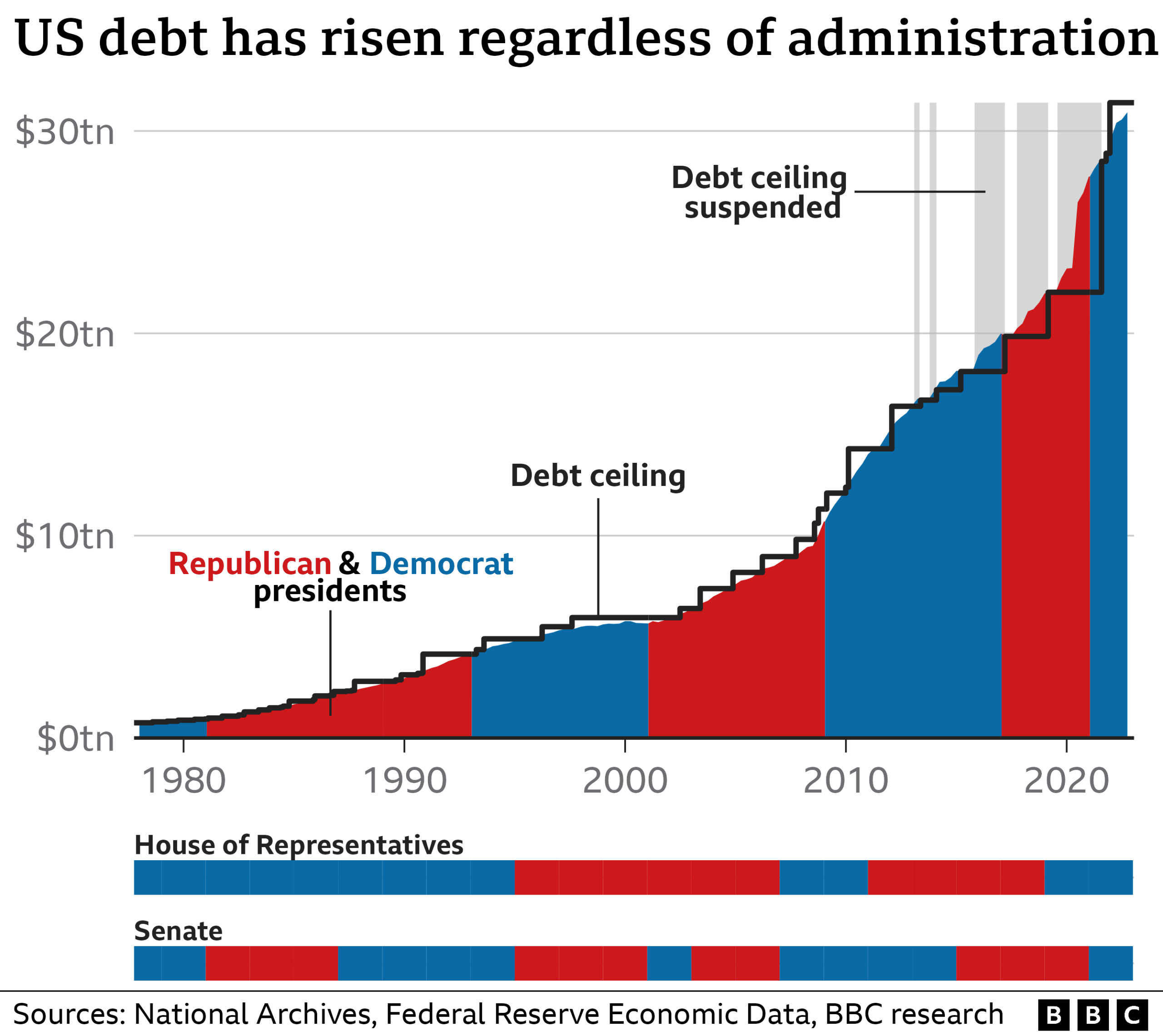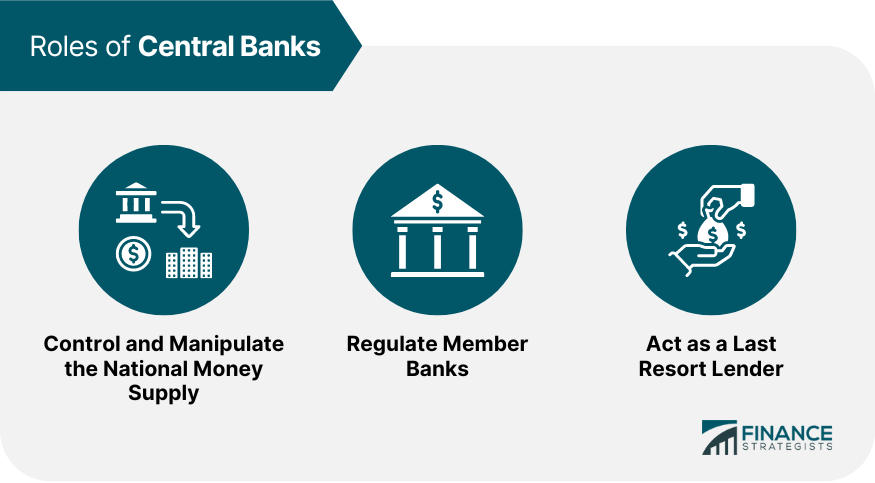
Policy Mistakes: When Government Actions Worsen Crises – Understanding Unintended Consequences
Governments are established, at least in part, to guide societies, manage economies, and protect citizens, especially during times of crisis. When a major problem arises – be it an economic downturn, a natural disaster, a public health emergency, or social unrest – the natural expectation is that those in power will step in to help. However, history is replete with instances where well-intentioned government actions, or even deliberate policy choices, have not only failed to solve a crisis but have actively made it worse.
This article delves into the complex world of policy mistakes, exploring why and how government interventions can sometimes worsen crises, leading to deeper problems, longer recovery times, and increased public suffering. We’ll break down the common pitfalls, look at real-world examples, and discuss the critical lessons we can learn.
What Exactly Are "Policy Mistakes"?
Before we dive deeper, let’s clarify what we mean by "policy mistakes." It’s not always about malice or incompetence, though those can certainly play a role. Often, a policy mistake is a decision or action by a government that, despite its intentions, leads to:
- Unintended Negative Consequences: The policy achieves its primary goal but creates new, unforeseen problems that are equally bad or worse.
- Exacerbation of an Existing Problem: The policy, instead of alleviating a crisis, intensifies it.
- Misallocation of Resources: Funds, efforts, or personnel are directed inefficiently or towards the wrong solutions.
- Erosion of Trust: Public confidence in government’s ability to manage future crises is diminished.
Think of it like a doctor prescribing a medicine to cure one illness, but the medicine has severe side effects that make the patient sicker overall. The doctor’s intention was good, but the outcome was detrimental.
Why Do Well-Intentioned Policies Go Wrong? Common Pitfalls
Understanding why policies fail is crucial. It’s rarely a simple case of "bad people" making "bad decisions." The reality is far more complex, often involving a mix of factors:
1. Lack of Complete Information or Understanding
- The "Fog of War" Analogy: During a crisis, information is often incomplete, rapidly changing, or even contradictory. Governments must make decisions based on limited data, leading to miscalculations.
- Ignoring Experts or Evidence: Sometimes, political considerations or ideological biases can lead policymakers to disregard the advice of scientists, economists, or other experts, opting for solutions that aren’t evidence-based.
- Failure to Understand Complex Systems: Societies and economies are intricate webs. Pulling one thread (implementing one policy) can have ripple effects that are hard to predict across the entire system.
2. Political Pressures and Short-Term Thinking
- Re-election Cycles: Politicians often face pressure to deliver quick, visible results before the next election, even if the long-term solution is slower, less popular, or more painful. This can lead to "band-aid" solutions that don’t address root causes.
- Special Interest Groups: Powerful lobbies can influence policy decisions to benefit specific industries or groups, sometimes at the expense of the broader public good.
- Public Opinion: While governments should be responsive to their citizens, chasing every shift in public opinion can lead to inconsistent or poorly thought-out policies.
3. Ignoring Market Signals and Economic Principles
- Price Controls: Trying to control prices (e.g., setting maximum prices for essential goods during a shortage) often leads to black markets, reduced supply, and further scarcity, as producers have less incentive to produce.
- Excessive Regulation or Deregulation: Too much regulation can stifle innovation and economic growth, while too little can lead to reckless behavior and financial instability. Striking the right balance is incredibly difficult.
- Ignoring Supply and Demand: Policies that don’t account for the basic principles of supply and demand often backfire, leading to surpluses or shortages.
4. Poor Implementation and Execution
- Bureaucratic Inefficiency: Even a brilliant policy can fail if the government agencies tasked with carrying it out are slow, uncoordinated, or lack the necessary resources.
- Lack of Adaptability: Policies are often designed for specific circumstances. If the situation changes rapidly, but the policy remains rigid, it can become counterproductive.
- Corruption: Misuse of funds, bribery, or personal gain can derail even the best-laid plans, diverting resources and undermining trust.
5. Unforeseen External Factors
- Black Swan Events: These are rare, unpredictable events that have a massive impact (e.g., a sudden global pandemic, an unprecedented natural disaster). Policies designed for "normal" times may be ill-equipped to handle them.
- Global Interconnectedness: In an increasingly globalized world, a policy decision in one country can have unexpected repercussions across borders, affecting trade, supply chains, or international relations.
Common Areas Where Policy Mistakes Worsen Crises
Let’s look at specific types of crises and how government actions can make them worse.
A. Economic Crises: Misguided Interventions
Economic downturns, inflation, or unemployment are fertile ground for policy errors.
-
The Great Depression (1929 onwards):
- The Smoot-Hawley Tariff Act (1930): Passed in the U.S. with the intention of protecting American farmers and businesses from foreign competition, it dramatically increased tariffs on imported goods.
- The Mistake: Other countries retaliated with their own tariffs, causing global trade to collapse. This choked off international markets for American goods, deepening the economic slump worldwide and worsening the Depression.
- Worsened Crisis By: Reducing trade, increasing unemployment, and creating international economic isolation.
-
Venezuela’s Economic Collapse (21st Century):
- The Policies: Extensive nationalization of industries, strict price controls, currency controls, and massive government spending funded by oil revenues.
- The Mistake: These policies systematically dismantled private enterprise, destroyed incentives for production, led to hyperinflation, and created widespread shortages of basic goods.
- Worsened Crisis By: Creating a humanitarian catastrophe, mass migration, and the near-total destruction of the economy, despite sitting on the world’s largest oil reserves.
-
The Subprime Mortgage Crisis (2008):
- Contributing Factors (Policy-related): While complex, some argue that government policies promoting homeownership (e.g., through Fannie Mae and Freddie Mac’s affordable housing goals) alongside a period of lax financial regulation encouraged risky lending practices and the creation of complex financial instruments without adequate oversight.
- The Mistake: When the housing bubble burst, these policies and regulatory failures contributed to a systemic collapse of the financial sector, leading to a global recession.
- Worsened Crisis By: Encouraging unsustainable lending, creating systemic risk, and failing to regulate complex financial products effectively.
B. Public Health Crises: Delayed or Conflicting Responses
When a disease outbreak occurs, government action is vital. But missteps can be deadly.
- Early Stages of COVID-19 Pandemic (2020):
- The Policies (or Lack Thereof): In many countries, initial responses included downplaying the virus’s severity, delays in implementing testing and contact tracing, inconsistent messaging about masks and social distancing, and slow procurement of essential medical supplies.
- The Mistake: These delays and inconsistencies allowed the virus to spread unchecked, overwhelming healthcare systems and leading to higher death tolls and prolonged economic lockdowns.
- Worsened Crisis By: Losing critical time for containment, eroding public trust, and prolonging the economic and social disruption.
C. Social Crises: Unintended Consequences of Welfare or Justice Policies
Policies aimed at helping vulnerable populations can sometimes have adverse effects if not carefully designed.
- Urban Renewal Projects (Mid-20th Century, various countries):
- The Policies: Government programs to demolish "slums" and replace them with modern housing or infrastructure, often involving eminent domain.
- The Mistake: These projects often destroyed existing community networks, displaced low-income residents without adequate relocation options, and sometimes replaced vibrant, if poor, neighborhoods with sterile, crime-ridden high-rise projects.
- Worsened Crisis By: Destroying social capital, increasing homelessness, and creating new concentrations of poverty and crime.
D. Environmental Crises: Mismanagement of Natural Resources
- The Aral Sea Disaster (Soviet Union):
- The Policies: Massive irrigation projects diverted rivers that fed the Aral Sea to grow cotton in arid regions.
- The Mistake: While boosting cotton production in the short term, these diversions caused the Aral Sea to shrink dramatically, turning a once-thriving ecosystem into a barren wasteland.
- Worsened Crisis By: Creating one of the worst environmental disasters in history, destroying local fishing industries, causing severe dust storms, and leading to widespread health problems in the region.
The Ripple Effect: How Mistakes Worsen Crises
When policy mistakes are made, their impact extends far beyond the immediate problem. They create a "ripple effect" that can destabilize society:
- Erosion of Public Trust: Each failed policy chips away at the public’s faith in government institutions, making it harder to gain compliance or cooperation during future crises.
- Economic Stagnation and Poverty: Policies that harm businesses, stifle innovation, or increase unemployment can lead to long-term economic decline and increased poverty for citizens.
- Social Unrest and Inequality: When certain groups are disproportionately harmed by policies, or when perceived injustices go unaddressed, it can fuel social unrest, protests, and deepen societal divides.
- Increased Debt and Fiscal Burden: Failed policies often require more government spending to "fix" the new problems they created, leading to increased national debt and a greater burden on taxpayers.
- Loss of Human Life and Wellbeing: In health or disaster crises, policy mistakes can directly lead to preventable deaths, illness, and long-term psychological trauma.
Learning from Mistakes: Towards Better Policy
Acknowledging that governments can worsen crises isn’t about cynicism; it’s about learning and improvement. How can we reduce the likelihood of future policy blunders?
- Embrace Evidence-Based Policy Making: Decisions should be informed by rigorous research, data, and the expertise of diverse fields, rather than ideology or anecdote.
- Foster Transparency and Accountability: Governments should be open about their decision-making processes, explain the rationale behind policies, and be held accountable for outcomes.
- Encourage Flexibility and Adaptability: Policies should not be set in stone. They need built-in mechanisms for review, evaluation, and adjustment as circumstances change and new information emerges.
- Prioritize Long-Term Thinking: Resist the pressure for quick fixes. Sustainable solutions often require patience and a willingness to invest in strategies that may not yield immediate political benefits.
- Promote Public Consultation and Diverse Perspectives: Involving a wide range of stakeholders – citizens, businesses, NGOs, academics – in the policy development process can uncover potential pitfalls and lead to more robust solutions.
- Conduct Post-Mortems: After a crisis, governments should rigorously analyze what went wrong, what went right, and document lessons learned to avoid repeating errors.
Conclusion
The power of government to shape society is immense, but with great power comes the potential for great error. While the intent behind government actions is almost always to improve conditions, the path to a better future is often fraught with complex challenges and unforeseen consequences.
Understanding policy mistakes – when government actions worsen crises – is not about blaming, but about learning. By recognizing the common pitfalls, demanding evidence-based approaches, and fostering transparency and adaptability, we can push for more effective governance. The goal is to ensure that when the next crisis inevitably strikes, our leaders are better equipped to navigate the complexities, avoid unintended harm, and truly serve the public good.




Post Comment